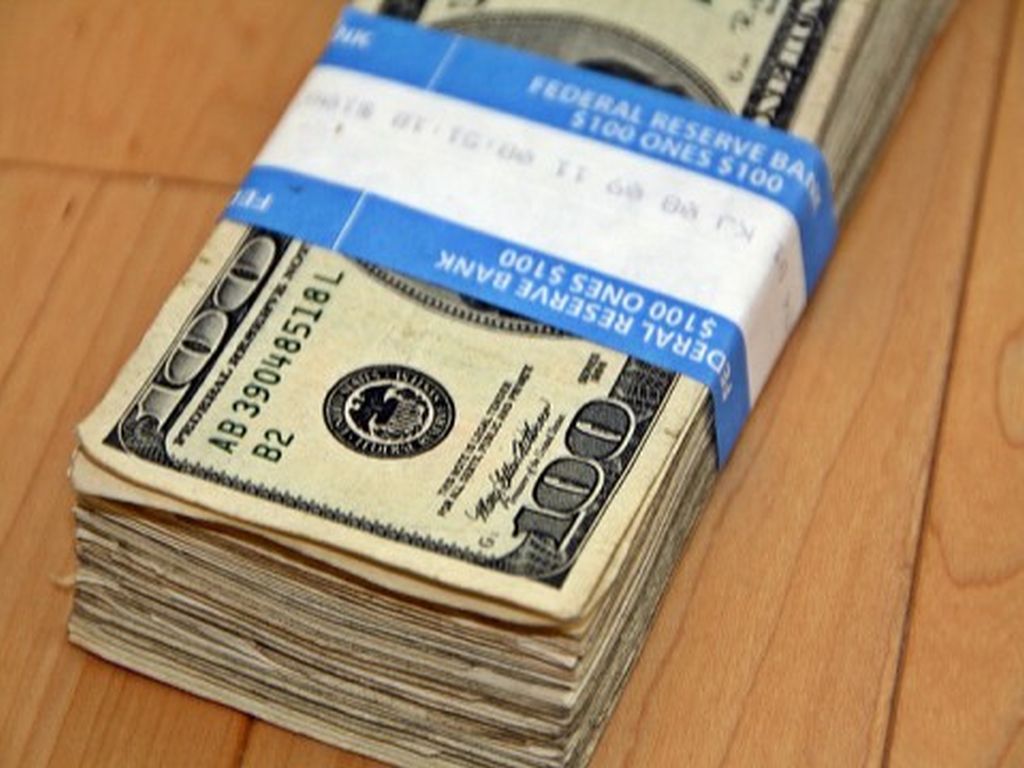About a month ago, an article showed up on USA Today. It was regarding a company called National Public Data, a company that helps companies provide background checks, which confirmed that it suffered a massive data breach involving Social Security numbers and other personal data on millions of Americans. it gave up around 2.9 billion records including names, addresses, Social Security numbers and relatives going back at least three decades; tell me that’s not scary!

One of our clients decided to see if he was listed. The article shared this link, which asks for very general information, pulls up anything that has your name on it over the course of just over 30 years, and you can check on those items individually to see if your information has been captured during one of those time periods.
Of course his name came up; most people have found their financial information has been breached in some way; luckily, no bank account information was taken, but a lot of other information about you can be dangerous in the wrong hands. That site recommends that you go to one of 3 major credit tracking agencies: Experian, Transunion or Equifax, and have your credit frozen. This will offer some protection in case someone tries using your information for nefarious purposes; it’s not a guarantee if you haven’t been more careful during the period, but it can slow things down and give you a certain sense of security.
Here’s an interesting sidebar. It turns out that if you have bad credit, no matter what it is, that you might still qualify for a new credit card. It comes with its own issues; the annual percentage rate could start as high as 29%, you might only be allowed to purchase items up to $500, and you might not know the company offering the card. On the other hand, based on how good or bad your outstanding credit might be, you might qualify for a card allowing for higher credit, and a more reasonable APR.
The overall question is… should you do it? The answer might be easy, or maybe not. The answer is… it depends on how you usually manage your money.
For instance, if you ran into a tough financial situation that ended up dropping your credit score, but in general you always paid your bills on time until something bad happened, getting a credit card with a high interest rate and using it smartly might be a benefit to you over time. If you spent around $50 each month and paid it off monthly, or you spent $100 one month and used the next two months to pay off the balance, your credit score will increase because you’ll have proven that you’re a safe financial client.
On the other hand, getting a credit card knowing you don’t have the finances to make any kind of payment in the first month, and maxing out the card with no intention of making a payment, could ruin your chances for any kind of financial relief down the line because you’re not seen as trustworthy.
What’s not taken into account by many credit card companies is how much you defaulted on as to whether or not you’d qualify for a credit card; it might impact how much they’d offer you, but you’d better be ready to treat it well.
As for other types of credit, you might have to jump through hoops to prove you’re trustworthiness. You’ll probably find someone who’d lend you some kind of money even if you’re buying a car, but the interest rate might hold you back for many years if you can only pay the minimum.
If you’re unsure of whether or not you want to take chances, speak to a financial counselor, a finance lawyer, or an organization like Consumer Credit Counseling. Always be cautious; if you decide to move forward, it might be the last chance you get if something goes wrong.
The Blog Of TL Wall Accounting


